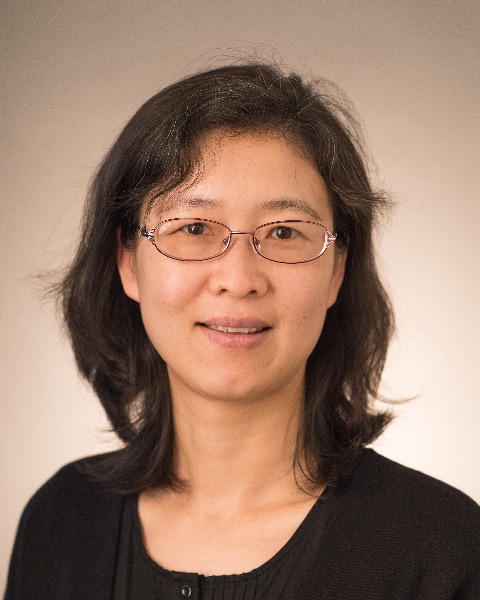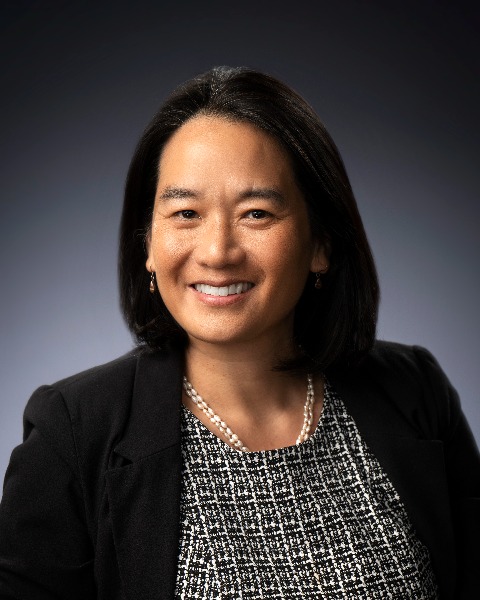Cell Biology, Immunology and Biochemistry (basic and preclinical research)
Mechanisms of Hematopoietic Stem Cells Towards Rejuvenation of the Aging Hematopoietic System
-

Ying Liang, PhD/MD (she/her/hers)
Member (Professor)
Lindsley F. Kimball Research Institute, NYBC
New York, New York, United StatesDisclosure(s): No financial relationships to disclose
-

Katherine King, MD, PhD (she/her/hers)
Professor
Department of Pediatrics, Division of Infectious Diseases
Baylor College of Medicine
Houston, Texas, United StatesDisclosure(s): No financial relationships to disclose
-
MF
Marie-Dominique Filippi, PhD (she/her/hers)
Professor Stem Cell Program Leader Director, Comprehensive Mouse and Cancer Core Professor
UC Department of Pediatrics
Cincinnati Children's Hospital Research Foundation
Cincinnati, Ohio, United StatesDisclosure(s): No financial relationships to disclose
Program Chair(s)
Speaker(s)
A hallmark of the ageing hematopoietic system is a skewing of lineage output from balanced to myeloid-biased, which is hypothesized to result in compromised adaptive immunity and predisposition toward myeloid malignancies in aging individuals. More recently, changes in the composition of a heterogeneous HSC population with age (the population shift model) is being increasingly recognized to account for lineage output changes and the observed hematopoietic ageing phenotype may result from an expansion of myeloid-biased HSCs with exhaustion of lymphoid-biased and balanced HSCs. Importantly, research efforts continue investigate the molecular mechanisms associated with aging HSCs. In this session, we will explore the clinical impact of aging in BMT and how HSC function changes with the aging process. We will highlight recent discoveries that define the ageing HSC compartment and molecular mechanisms underlying these processes which potentially can be targeted to rejuvenate aged HSC function.
CABP CE Eligible
Learning Objectives:
- Define the current models of hematopoietic stem cell (HSC) heterogeneity and changes that occur with the ageing process.
- Discuss the molecular mechanisms that contribute to HSC output skewing and senescence that occur with age and approaches to revert the aging-associated hallmarks of aged HSCs.
- Describe HSC clonal dominance and expansion of HSCs that occurs with age and contribution to malignant transformations.
